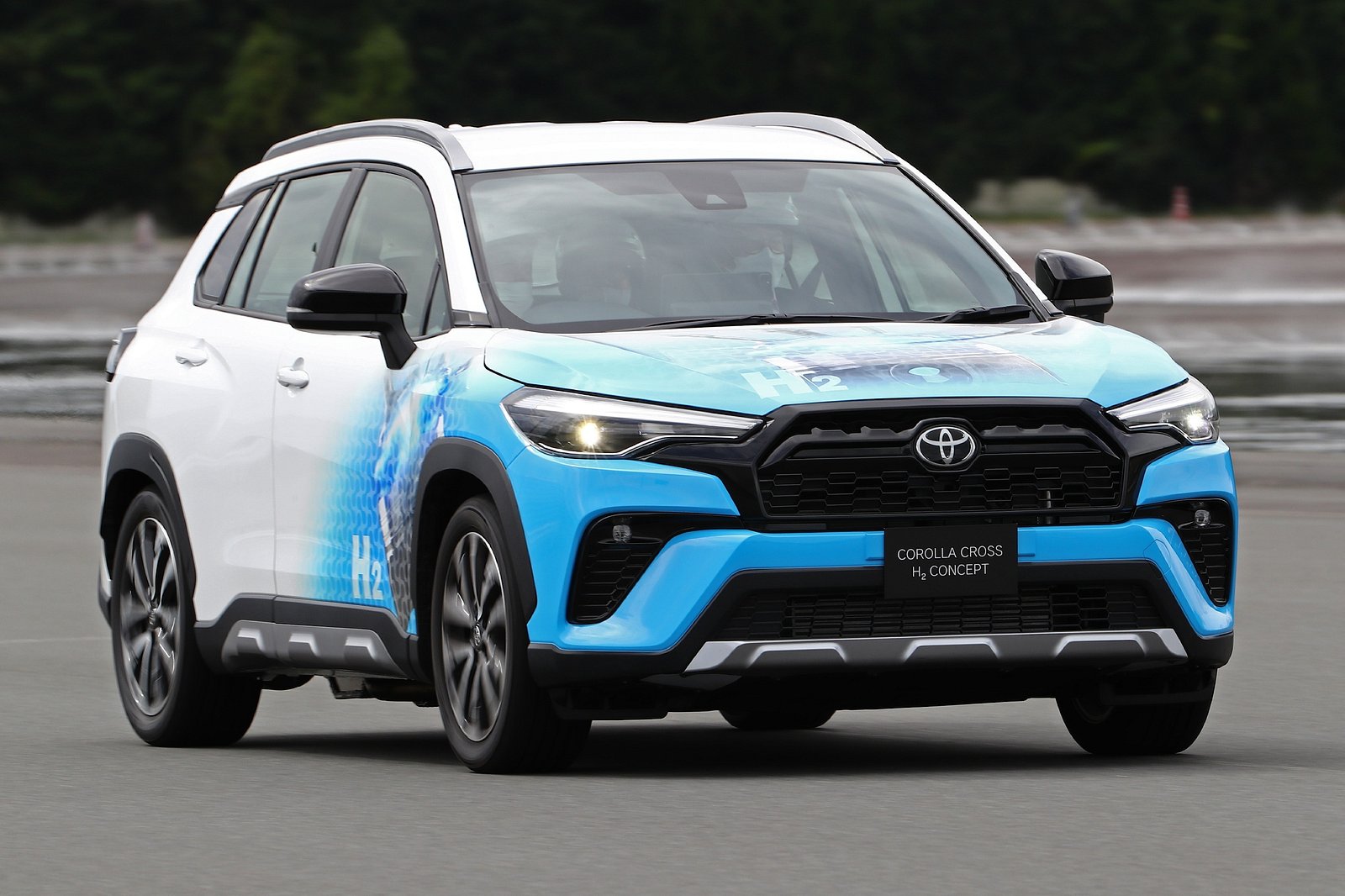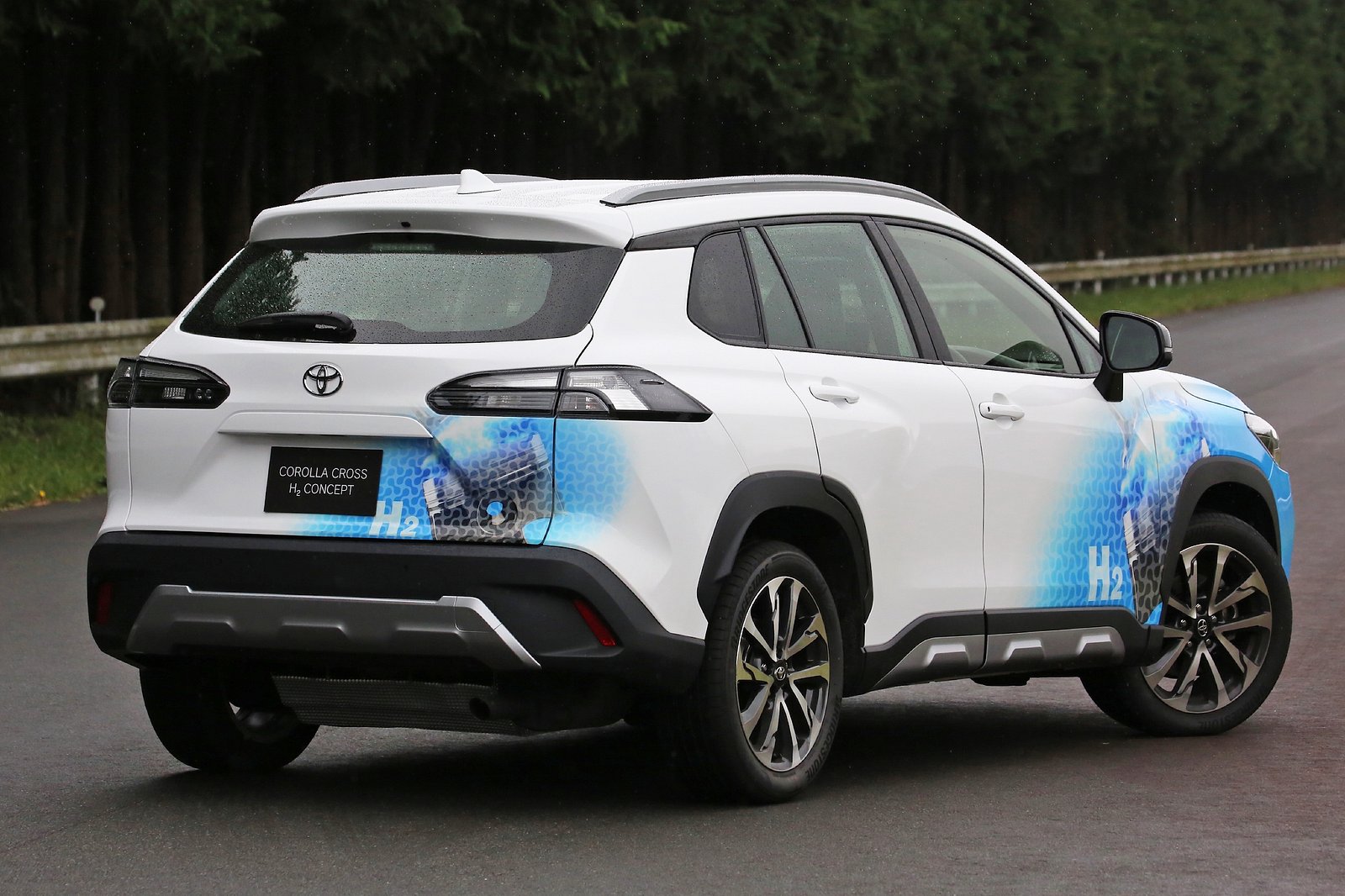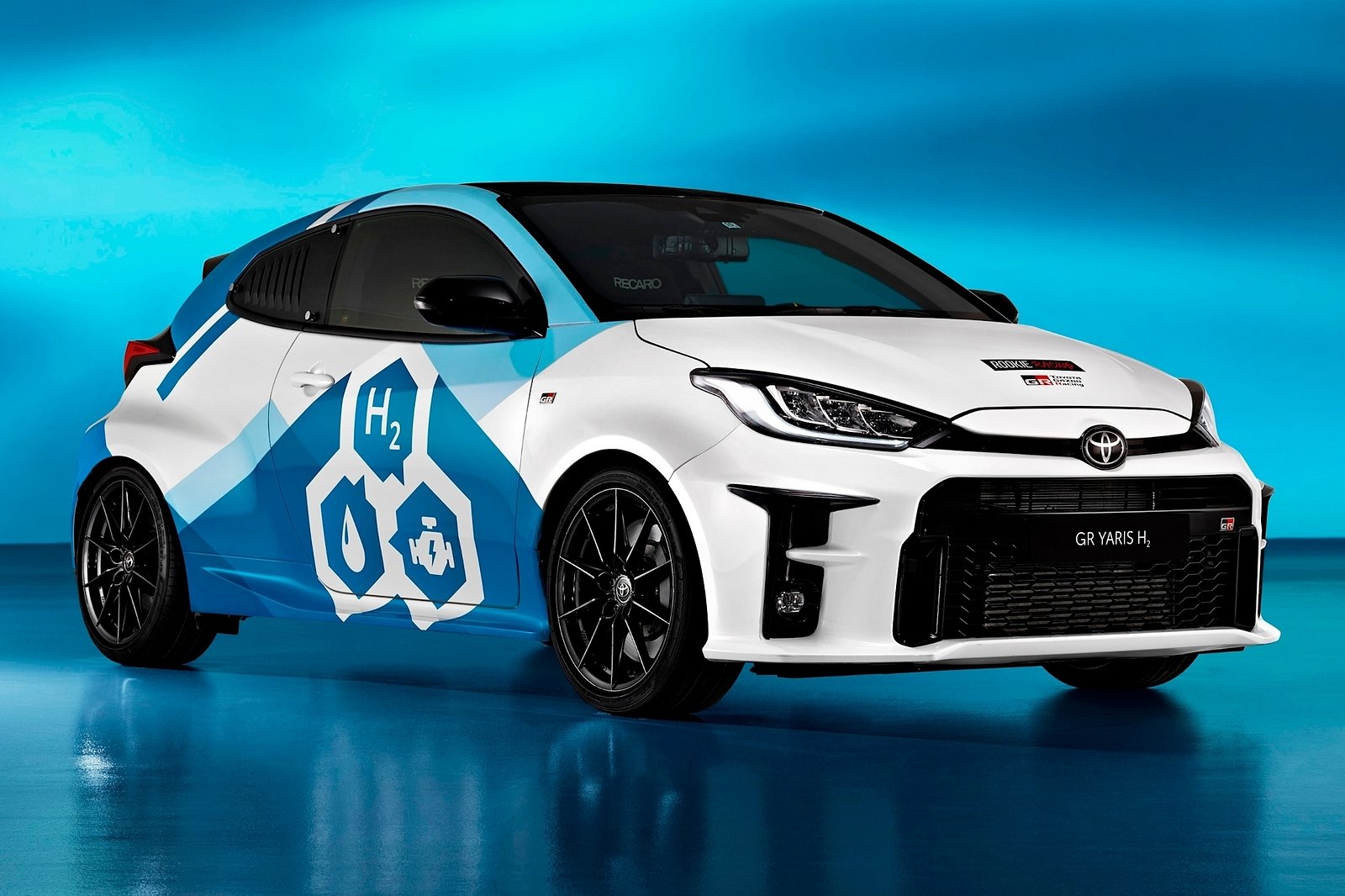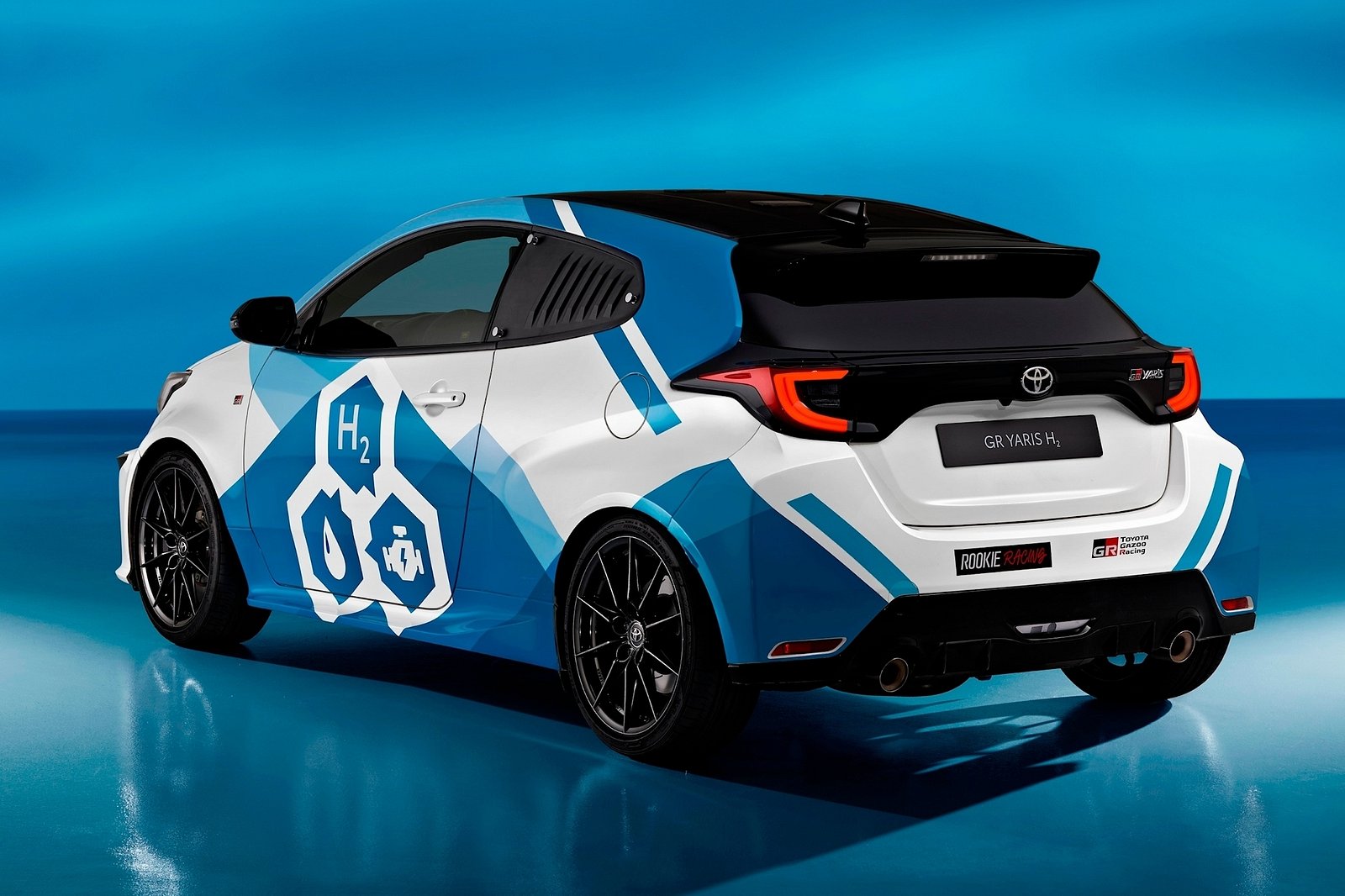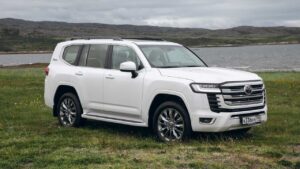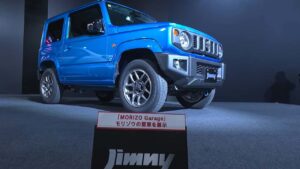Akio Toyoda’s lone push for diverse decarbonization methods finally gaining global recognition.
“President Koji Sato will soon announce that Toyota will embark on a new engine project,” reaffirmed Akio Toyoda, Toyota Chairman and all-round mensch, during a Q&A session after a lecture on Toyota’s production system. This commitment to a multi-pronged approach to carbon neutrality comes just days after it was suggested at the Tokyo Auto Salon. Toyoda emphasized his belief in the project, stating, “I have asked Toyota to take on this new engine project.”
In regards to his perspective on the future of car manufacturing for Toyota, Toyoda reiterated his stance on carbon emissions being the primary adversary, rather than combustion. “Do we not require more than just one solution?” he inquired. He emphasized that the journey towards carbon neutrality is heavily influenced by the energy landscape of each specific nation. Furthermore, he stressed that Toyota is committed to implementing immediate actions.
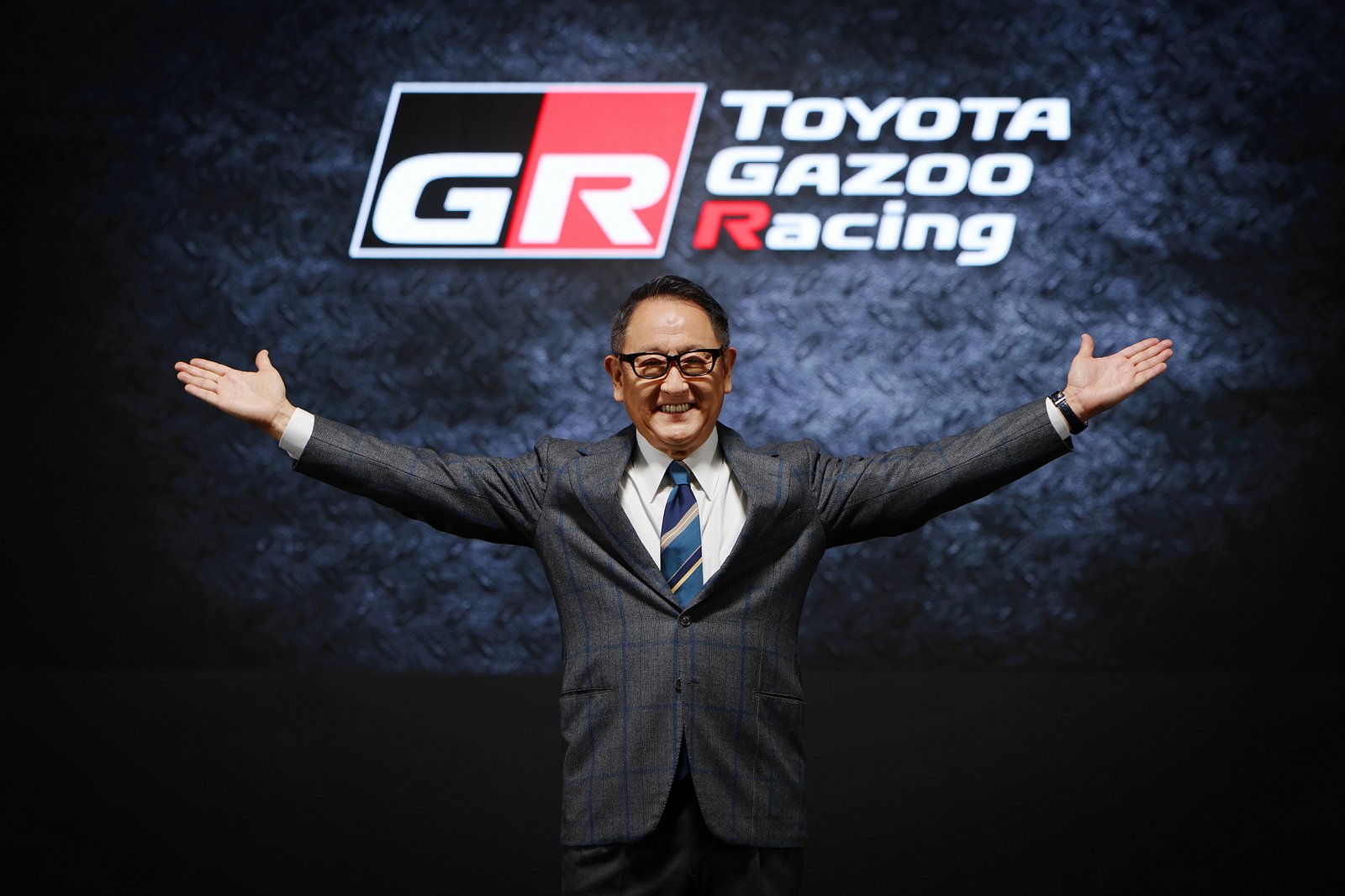
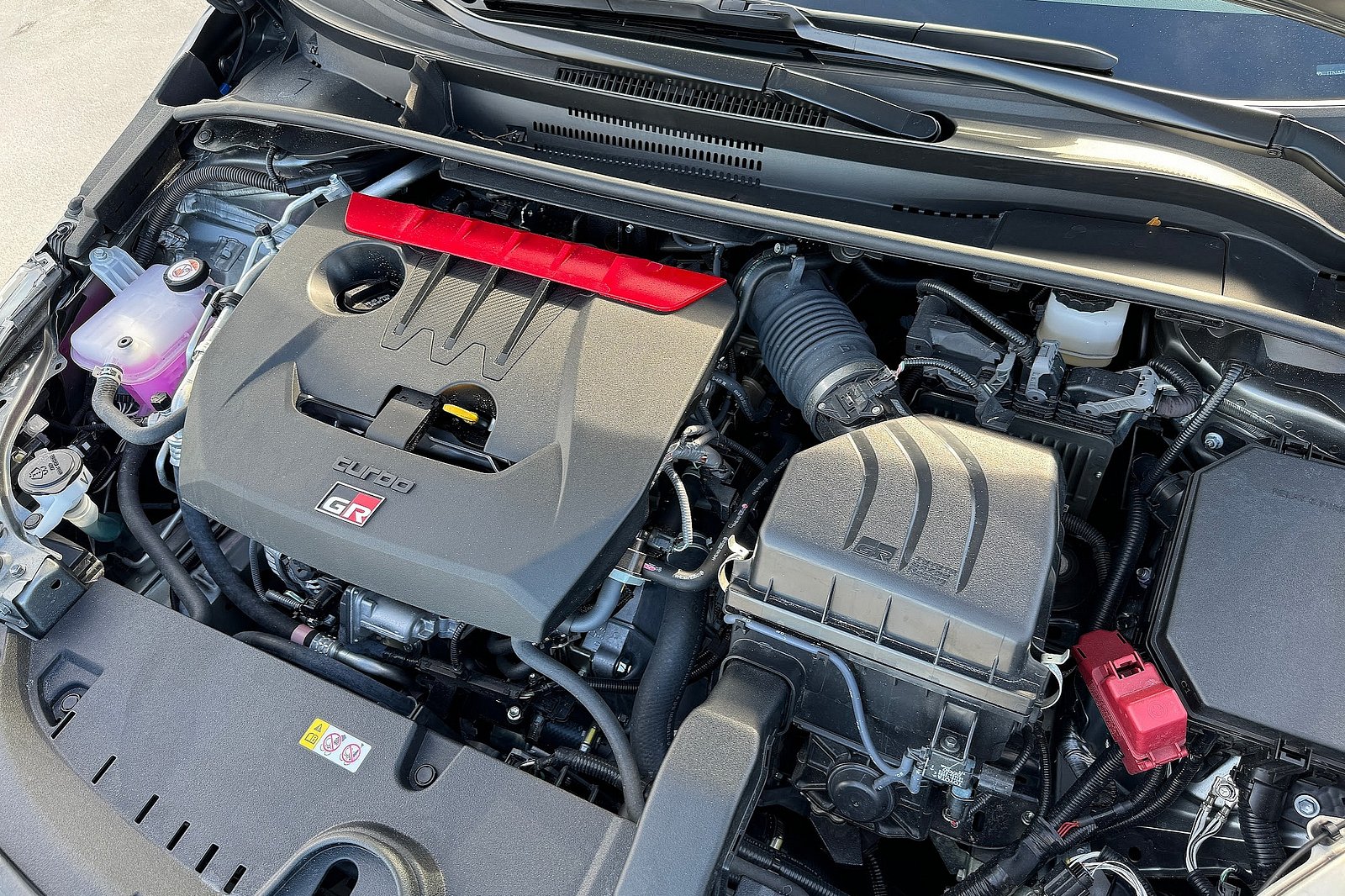
Toyoda responded to previous statements in favor of a BEV lineup by stating that “those advocating for BEVs are typically individuals who solely focus on BEVs.” This implies that not every positive comment about EVs from a Toyota executive, particularly when discussing the bZ4X or other upcoming EVs, reflects the company’s overall stance on achieving carbon neutrality. If there is a demand for EVs, why not manufacture them? However, exclusively offering EVs may not cater to everyone’s needs as not all individuals require trucks, sports cars, or buses; one solution rarely satisfies all.
The author emphasizes the fact that Toyota is an international car company and therefore, must cater to a diverse global market.
“Globally, a staggering one billion individuals are currently living without access to electricity,” stated Toyota CEO. “As a company that supplies cars to these regions, solely focusing on battery electric vehicles (BEVs) would limit our ability to provide mobility for all. This is why we are committed to maintaining a range of options.”
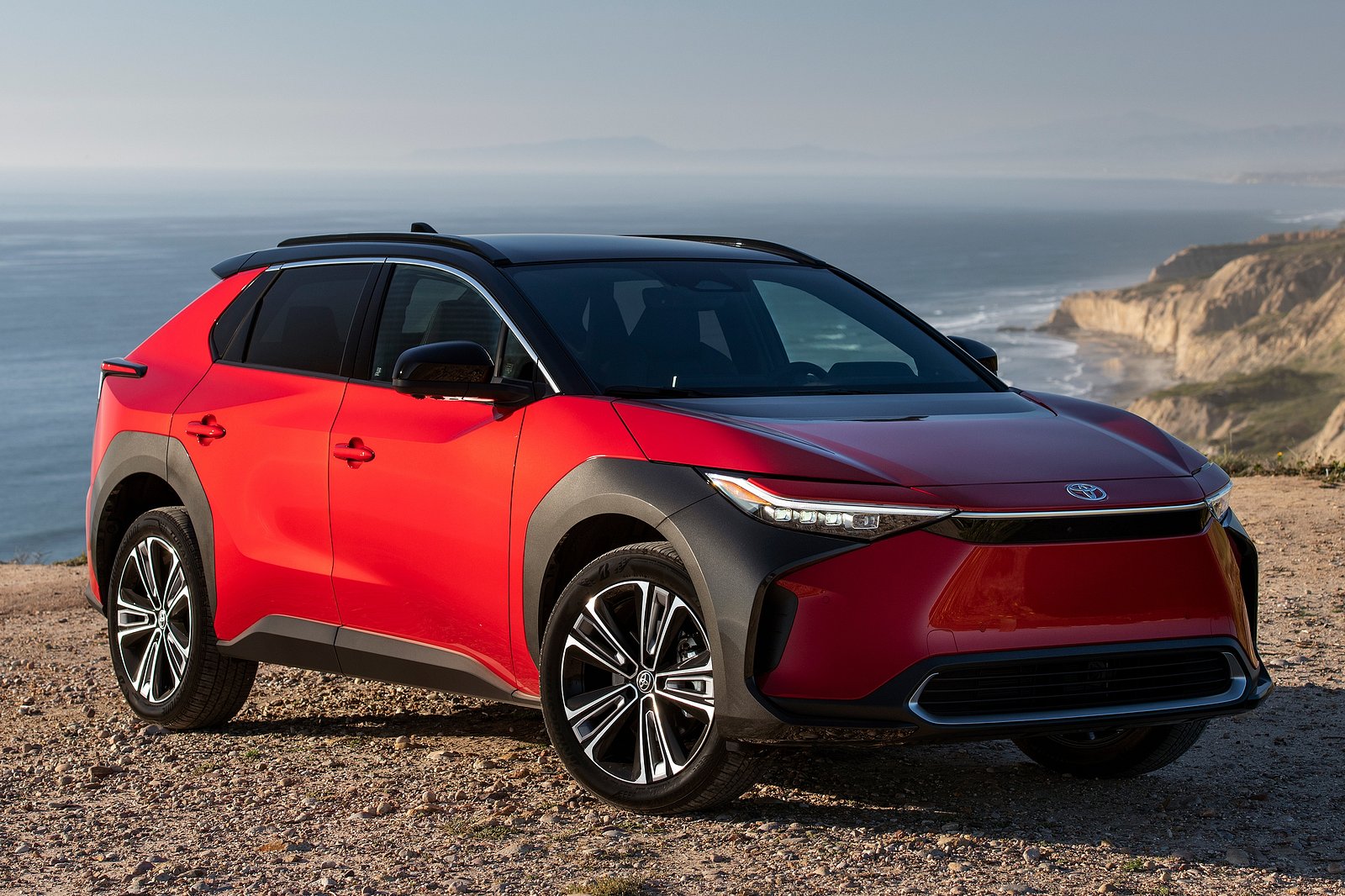
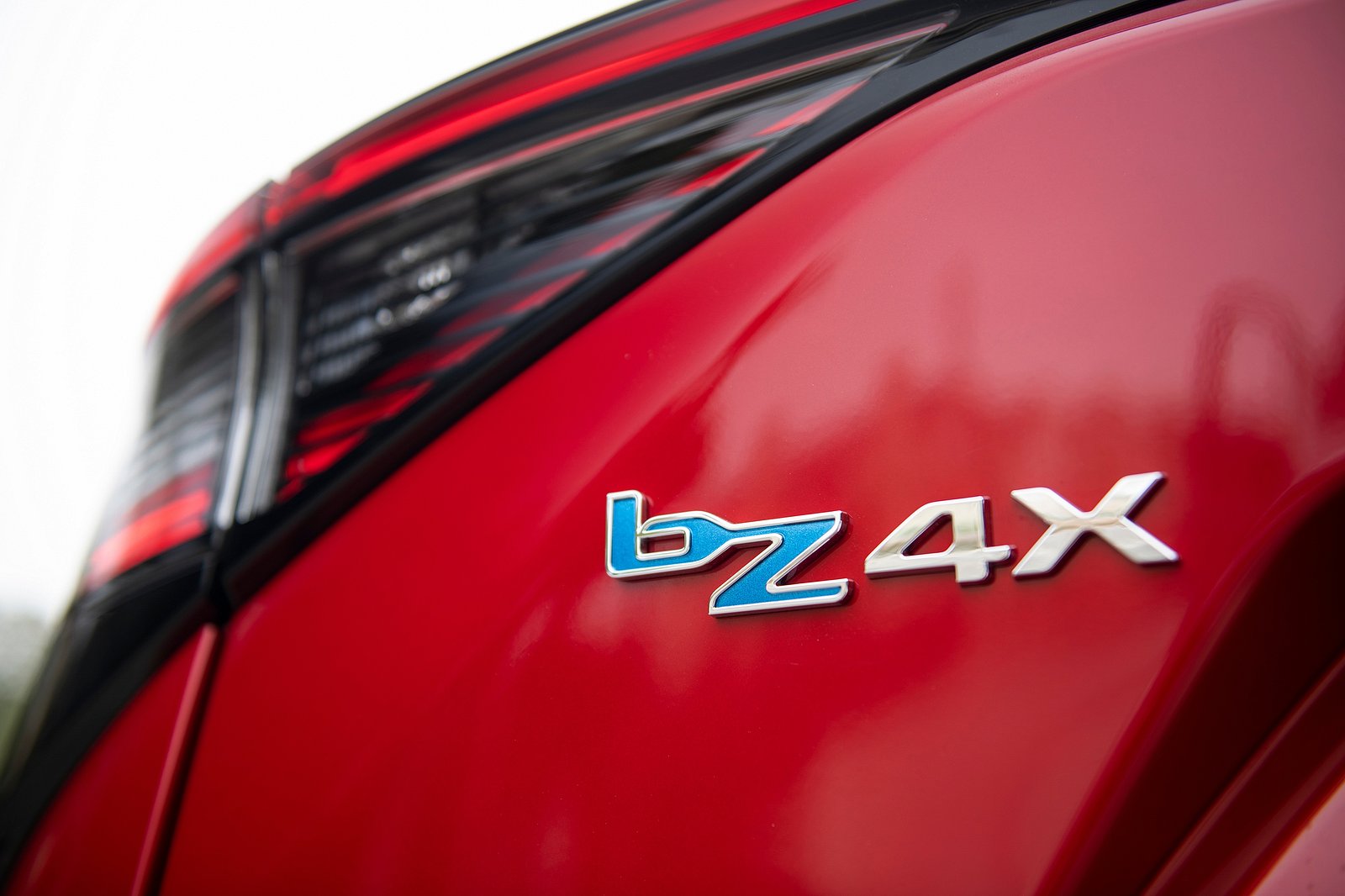
Despite the widespread belief that electric vehicles are the only solution to reducing CO2 emissions, it is important to recognize that EVs may not be suitable for everyone. In fact, hybridization has proven to be a more effective means of significantly reducing carbon emissions on a large scale. This is something that Toyota recognized early on when it introduced the Prius and became involved in the hybrid market. As Toyoda points out, “Thanks to the introduction of HEVs in Japan some 20 to 30 years ago, we are the only developed country to have lowered CO2 emissions by 23%.” However, this crucial detail is often overlooked and not given proper attention by the media. Instead, the focus is often solely on Toyota’s perceived lag in the production of battery electric vehicles (BEVs).
The popularity of hybrids has resurfaced in light of increasing backlash towards the EV movement and declining interest. In response, General Motors has announced a reduction in EV production and a return to hybrid vehicles.
He once more stressed, “The crucial aspect is not whether we make the transition to BEVs or FCEVs. Our adversary is carbon. That’s why it is imperative that we all contemplate methods to decrease CO2 immediately.”
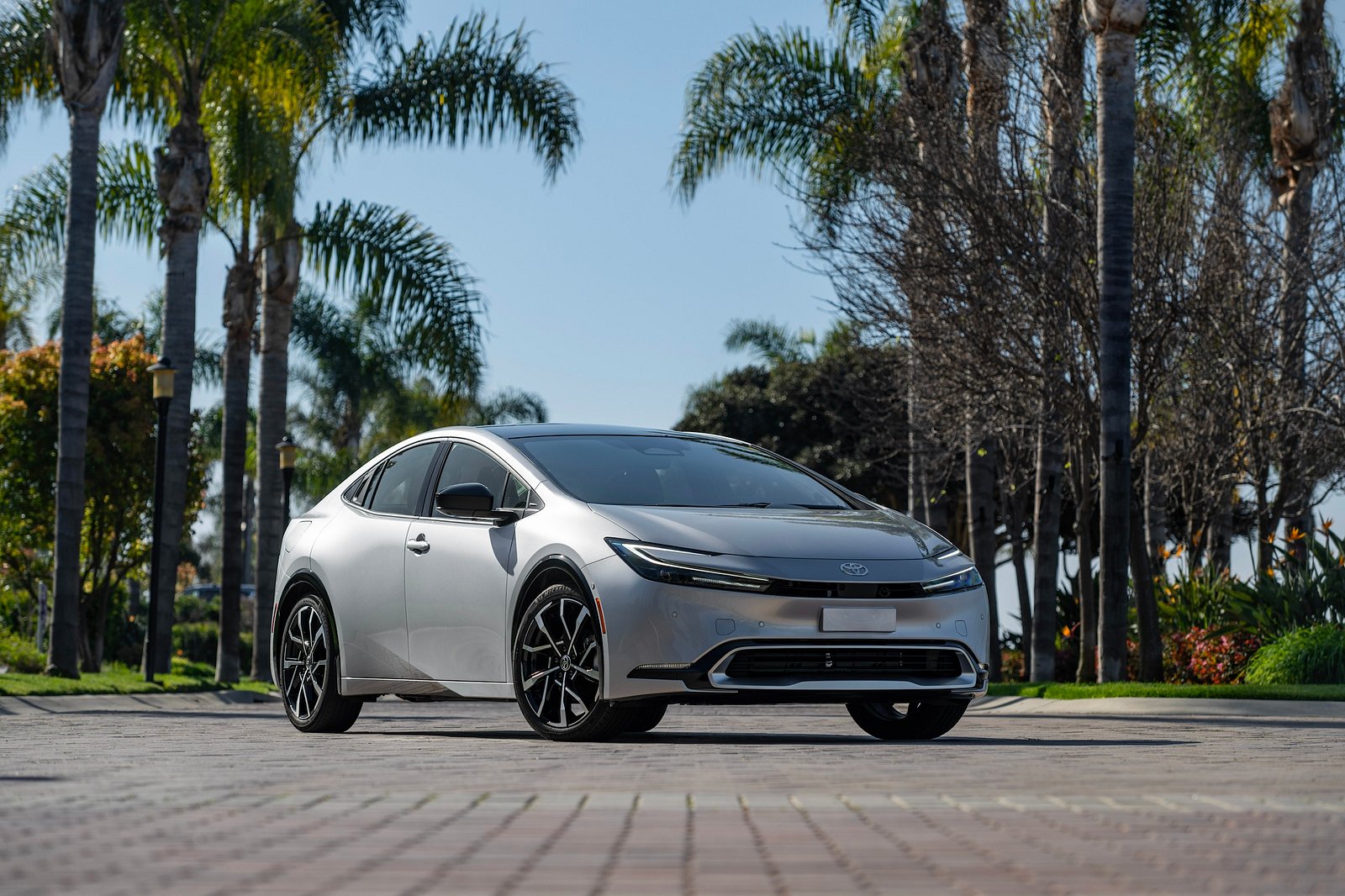
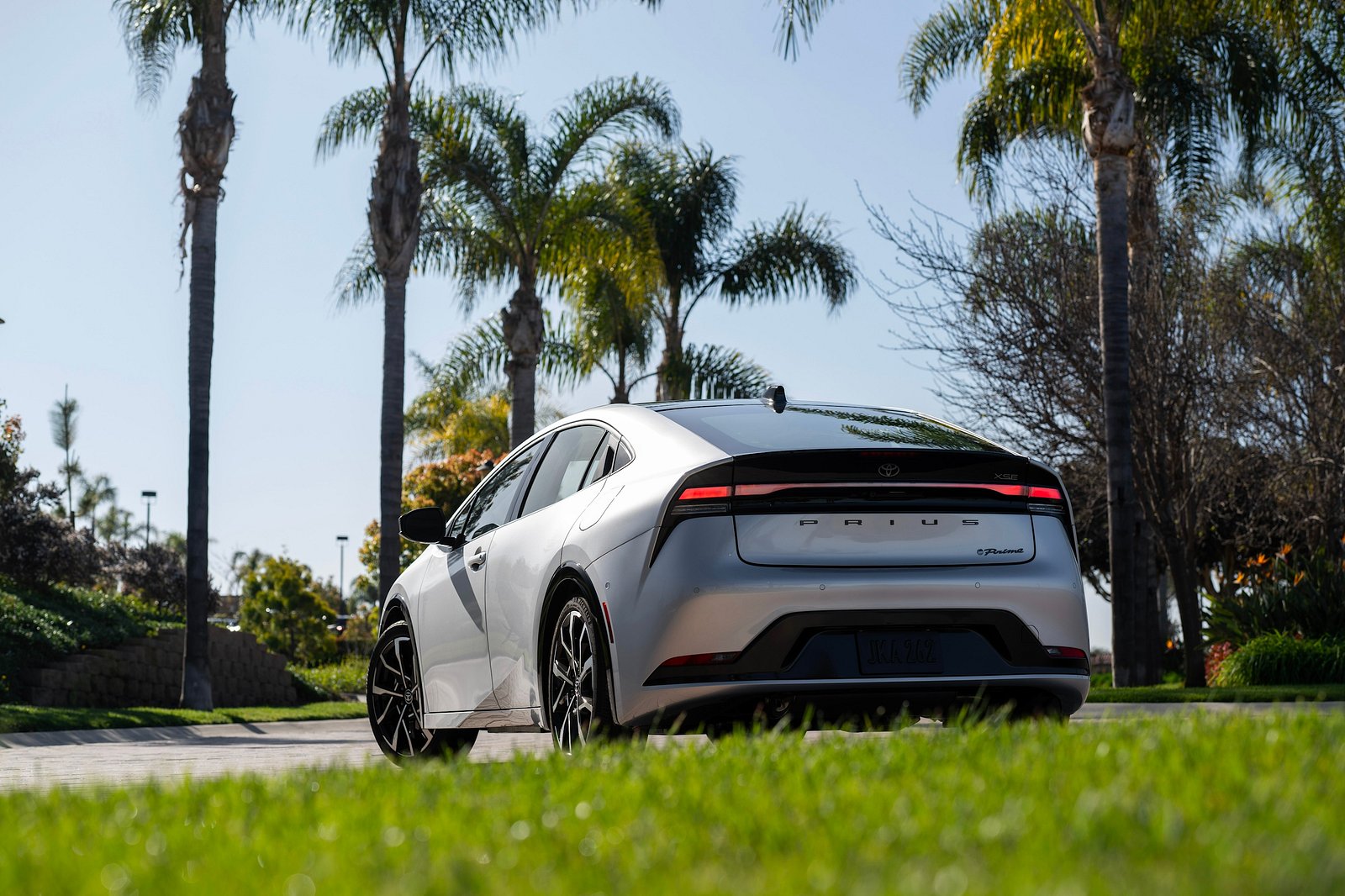
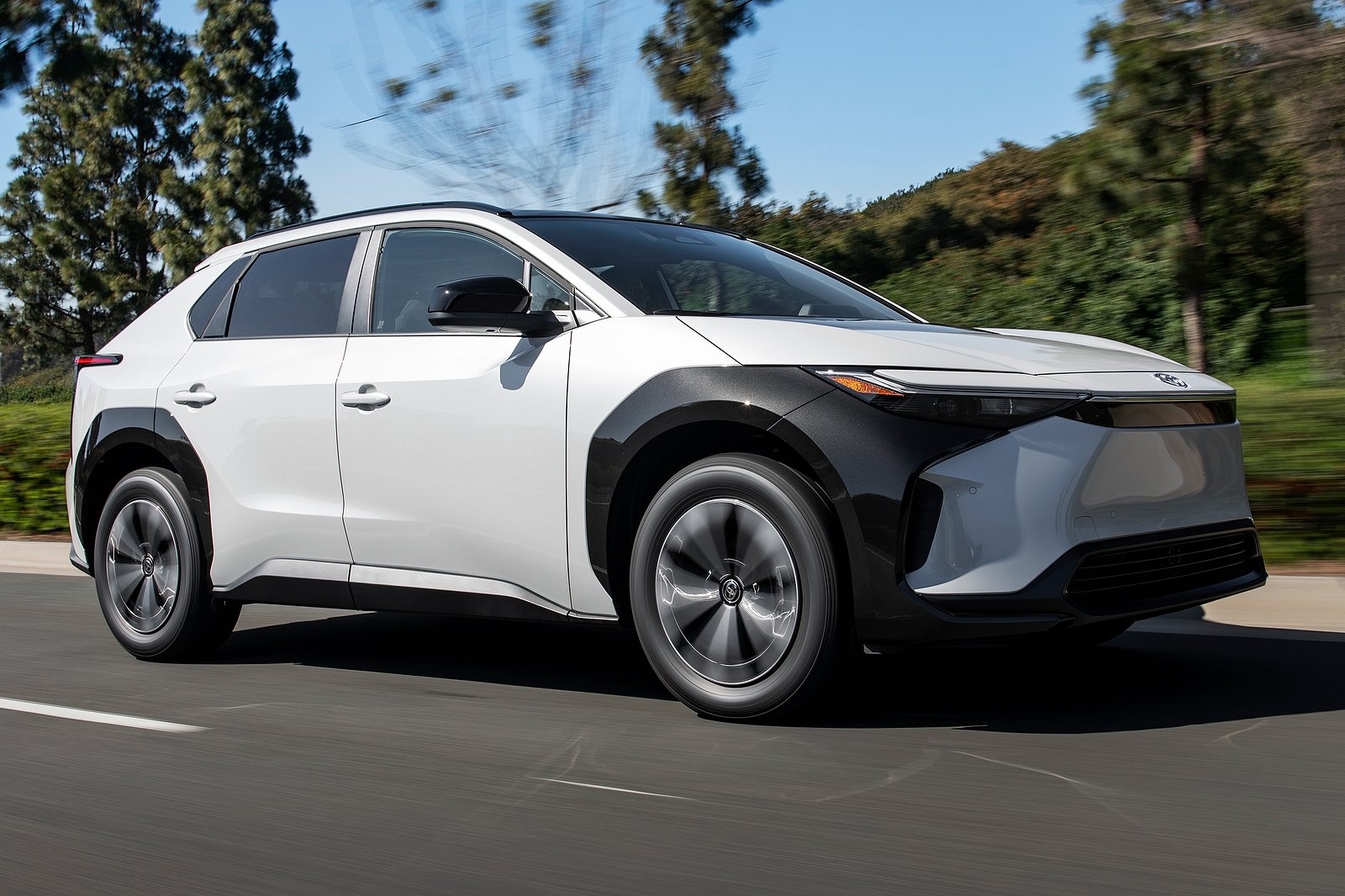
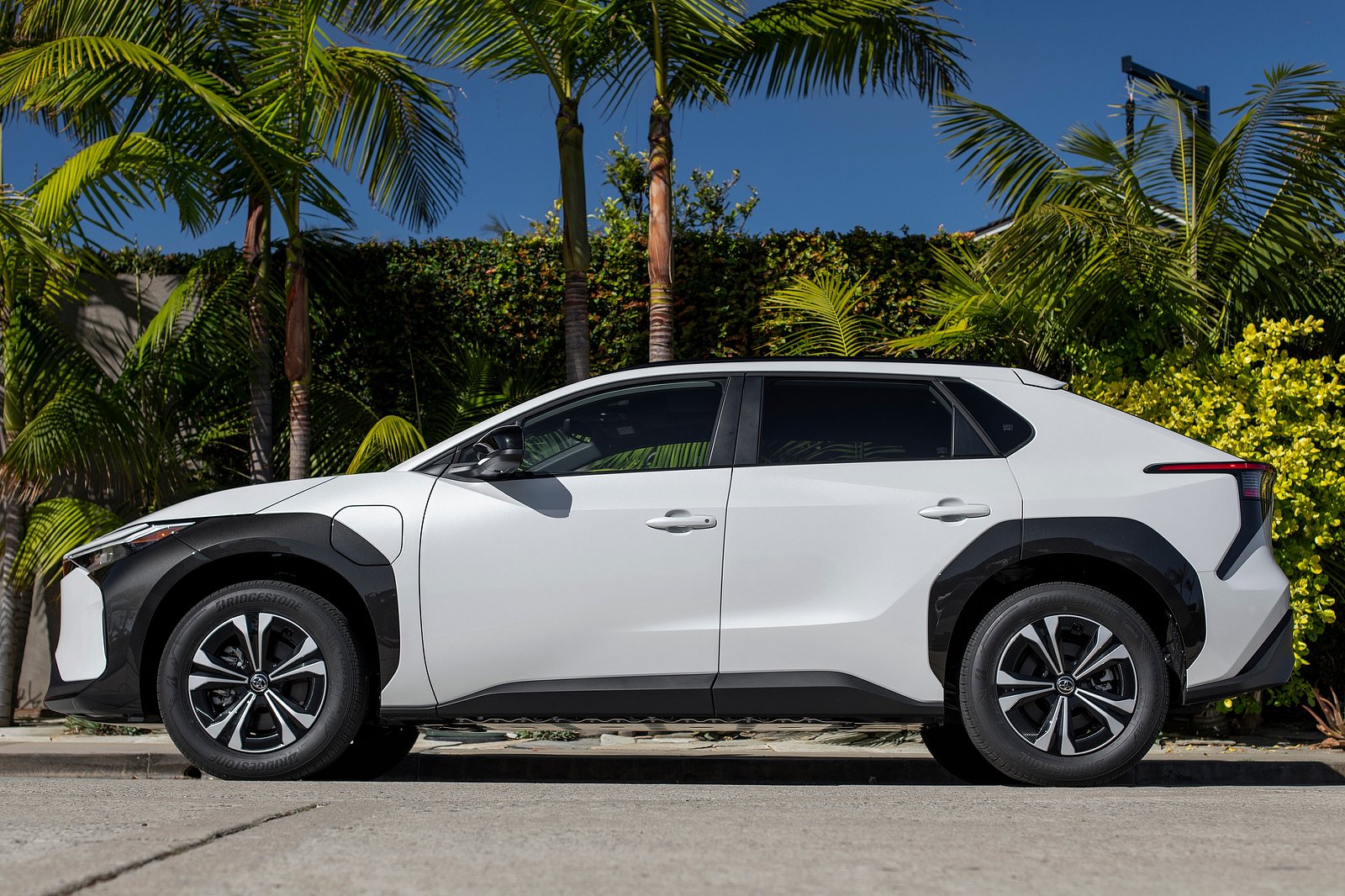
According to Toyoda, it is a bold statement to say that BEVs will never dominate more than a third of the worldwide market. He confidently stated, “Regardless of how much progress BEVs make, I firmly believe that their market share will only reach 30%. This means that the remaining 70% will be occupied by HEVs, FCEVs, or hydrogen engines. I have complete confidence that traditional engine vehicles will continue to thrive.”
He also mentioned that the decision would not be in the hands of governments, but rather the customers who rely on the purchased vehicles.
According to Toyoda, he has consistently expressed his views on this matter, despite receiving criticism from both politicians and his colleagues in the industry. However, it appears that over time, they have gradually come to embrace his beliefs. “It was only at last year’s G7 summit that Japan finally started promoting a multi-pathway approach,” he states. “For the previous three years, I was the sole individual in the automotive sector advocating for it, and I faced a lot of opposition. It’s incredibly challenging to fight alone.”
